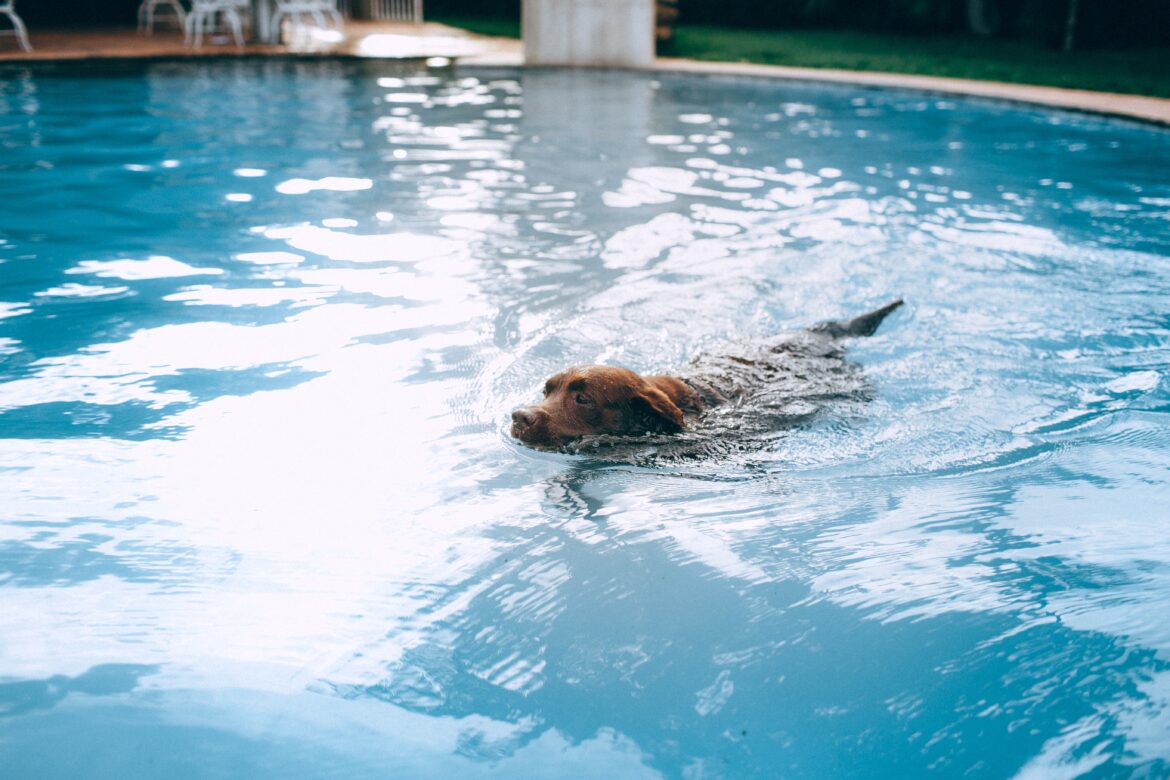There’s a lot to love about Summer. Longer lasting evenings, beach days and ice-cream – the list could go on. However, soaring temperatures also make it a critical time to keep a close eye on your pets.
When animals are hot they get overwhelmed and in an attempt to cool themselves down, they can actually produce more heat. This makes them extremely vulnerable to heatstroke.
Please Note: Heatstroke requires urgent treatment and is a very serious, life-threatening condition which can cause damage to your pet’s internal organs, sometimes to the point where they stop functioning. This can be rapidly fatal, and often is.
Symptoms to look out for include but aren’t limited to:
- Excessive panting and drooling.
- Mobility issues and instability as they move around.
- Appearance of a seizure, which is actually their organs overheating.
- Discoloured gums displaying as either dark pink or very pale.
- Dullness of character.
- Vomiting or diarrhoea
- Muscle tremors.
- Hypersensitivity to noise, light, touch.
The good news is, there are plenty of ways in which you can help prevent heatstroke. These can include:
- Ensure your pet is kept in a well-ventilated, cool space. Outdoor pets should always have access to shade and air flow.
- Make sure your pet has access to plenty of fresh, COOL, clean drinking water at all times.
- Never leave your pet in a car as temperatures rise very quickly and can kill pets rapidly.
- Aim to keep your pet healthy, but be sure to only exercise at dawn or after dark, when temperatures are cooler.
- Avoid hot sand, concrete, asphalt or any areas where heat is reflected and there is no access to shade.
- Cool your pet down with a garden hose or leave it access to a kids paddling pool filled with cool water.
- Freeze large containers such as 9 litre buckets, ice cream containers or old cordial containers, full of water and leave them outside for your pet to lick.
- Try to keep your pet inside on hot days in a cool and well-ventilated area of your home.
If you suspect your pet has suffered heatstroke or is displaying any of the above signs, remove your pet from the heat and call Pet Doctor immediately on (08) 8268 6777. You can then begin cooling them down slowly with cool (not cold) water and fans. Do not apply ice or ice-cold water as this can make the problem worse. You must cool them slowly!
For any further information or advice, contact Pet Doctor today!


